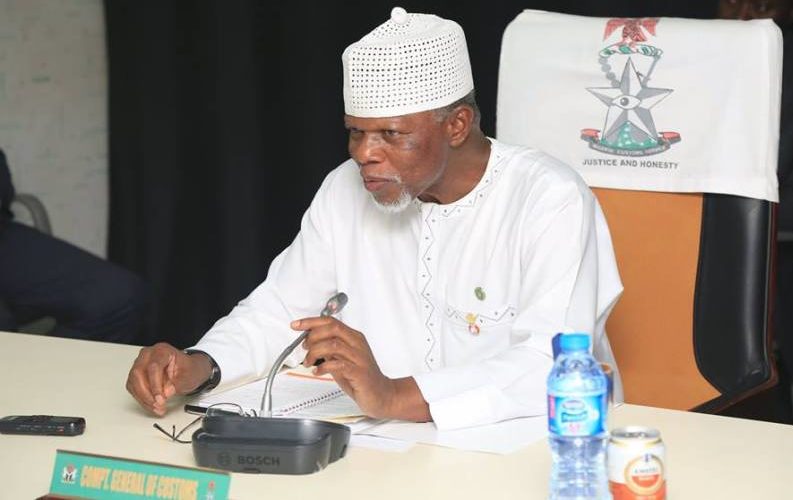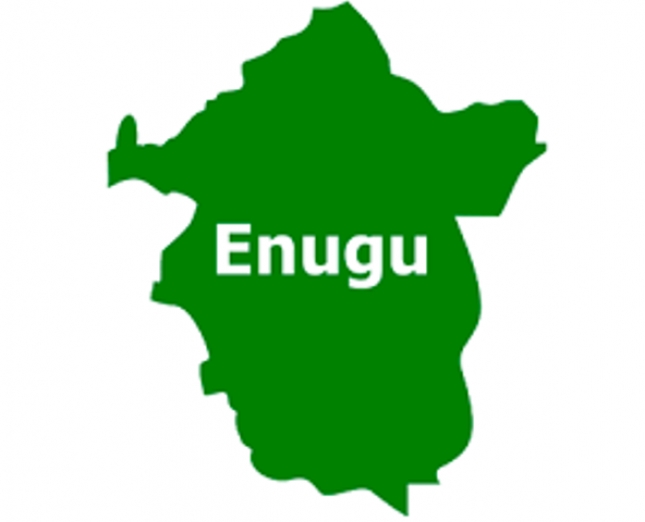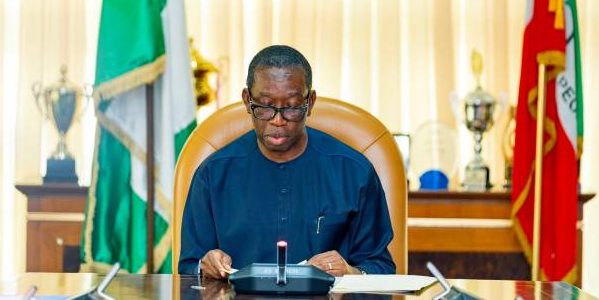ADEYEMI ADEBAYO reports that despite recent claims of reform, tightening border security and raking in huge revenues in duties, the Nigerian Customs Service (NCS) remains poorly managed.
In the 2018 World Bank “Connecting to Compete Report On Trade Logistics In The Global Economy,” the Nigeria Customs Service (NCS) was rated 110 out of 160 countries surveyed by the global body.
Following his electoral victory in 2015, President Muhammadu Buhari appointed Hameed Ali, a retired Colonel of the Nigerian Army as Comptroller General of the NCS. Coming from outside the Customs hierarchy, not a few Nigerians considered Ali’s appointment abnormal. But the Buhari administration, with a widely acclaimed agenda of combating corruption within the bureaucracy, had an eye on the Nigeria Customs. The NCS has over time been perceived in many quarts as one government agency that needs to be reformed. The president, therefore, considered it expedient to impose a retired military officer on the Customs to get rid of real and imaginary corrupt practices in the service.
To highlight the premium the President placed on who heads the Customs, Ali’s appointment was one of the first he made, well ahead of that of the supervising minister of the service – finance. This, has over time, created some frictions between the Finance Minister, Kemi Adeosun, and the Customs boss as, according to ministry officials, he would not differ to the minister as required by the rules. Ali has also had some frictions with federal lawmakers in the course of their oversight functions on the Customs.
Prior to Ali’s appointment, it was believed that bureaucracy and corruption in the Customs clearance processes posed significant challenges to ease of doing business in Nigeria. That has been a major source of concern to local and foreign investors in the economy.
Soon after he assumed office as Comptroller General therefore, Ali told a gathering of senior Customs officers that the mandate given to him by President Buhari was to tackle corruption in the service, sanitise the system and increase revenue. He announced that with a note of finality and threat typical of his military background.
On one occasion, Ali had introduced a new policy on used vehicles imported into the country. He compelled such vehicle owners, including those brought into the country about ten years ago, to comply with some import regulations. Certainly, that did not go down well with the Nigerian public and the lawmakers as the directive was considered obnoxious and punitive.
But through sundry measures, the Nigeria Customs under Ali has in the last three years, increased the revenue profile of the service. It has also increased boarder security, not only to cub smuggling activities but also to encourage local production of goods. The agricultural sector has benefited largely from this with local rice production taking the centre stage. It is though, a carryover effort by the last administration of former President Goodluck Jonathan.
The World Bank report evaluated logistics performance of 160 countries, with data gathered through a global survey of logistics professionals and experts on how easy or difficult they experienced trade logistics along six generic dimensions including customs efficiency and border management, clearance, quality of trade and transport-related infrastructure. It also considered ease of arranging competitively priced international shipments, competence and quality of logistics services as well as ability to track and trace consignments. In addition, the survey covered the frequency with which shipments reach consignees within scheduled time.
The report indicates that logistics constraints in Nigeria fall within the range of low and middle-income countries in the world. In virtually all the indicators, the Nigeria Customs Service was lowly rated. It ranked 147th in efficiency, 112th in logistics, 110th in international shipment, and 78th in logistics infrastructure. Also, the NCS was ranked 112th in logistics competence, 92nd in tracking and tracing, and again, 92nd in timeliness.
Within the West African sub-region, Cote D’ Ivoire emerged as the best-performing country in trade logistics with a global ranking of 50. It was followed by the Republic of Benin at the 76th position; Ghana at 106th; and Nigeria at the 110th position. Furthermore, Togo is number 118; Gambia 127th; Liberia, 143; and Sierra Leone, 156th.
READ ALSO: Customs rakes in N140.4bn in August
There are ten countries on the bottom of the ladder of the global ranking – Afghanistan, Angola, Burundi, Niger, Sierra Leone, Eritrea, Libya, Haiti, Zimbabwe and Central African Republic.
According to the report, the six Logistics Performance Index (LPI) indicators are divided into two main categories: areas for policy regulation which indicates main inputs to the supply chain, which includes customs, infrastructure, and services; as well as supply chain performance outcomes, which corresponds to LPI indicators of time, cost, and reliability – timeliness, international shipments, and tracking and tracing.
The report further indicated that: “Because operators on the ground can best assess the vital aspects of logistics performance, the LPI relies on an online survey of logistics professionals from the companies responsible for moving goods around the world: multinational freight forwarders and the main express carriers.”
It also observed that freight forwarders and express carriers are best positioned to assess how countries perform, affirming that their views matter “because they directly affect the choice of shipping routes and gateways, thereby influencing the decisions of firms to locate production, choose suppliers, and select target markets.”
Why the Nigeria Customs Service failed to scale the huddle set by the World Bank, even under an administration that places it’s anti-corruption crusade in the front burner remains a puzzle to many stakeholders. But the question some logistics experts have raised is, aside efforts to eliminate corruption from the system, does the leadership of the NCS have good understanding of what is required to make the service competitive at the global level?











